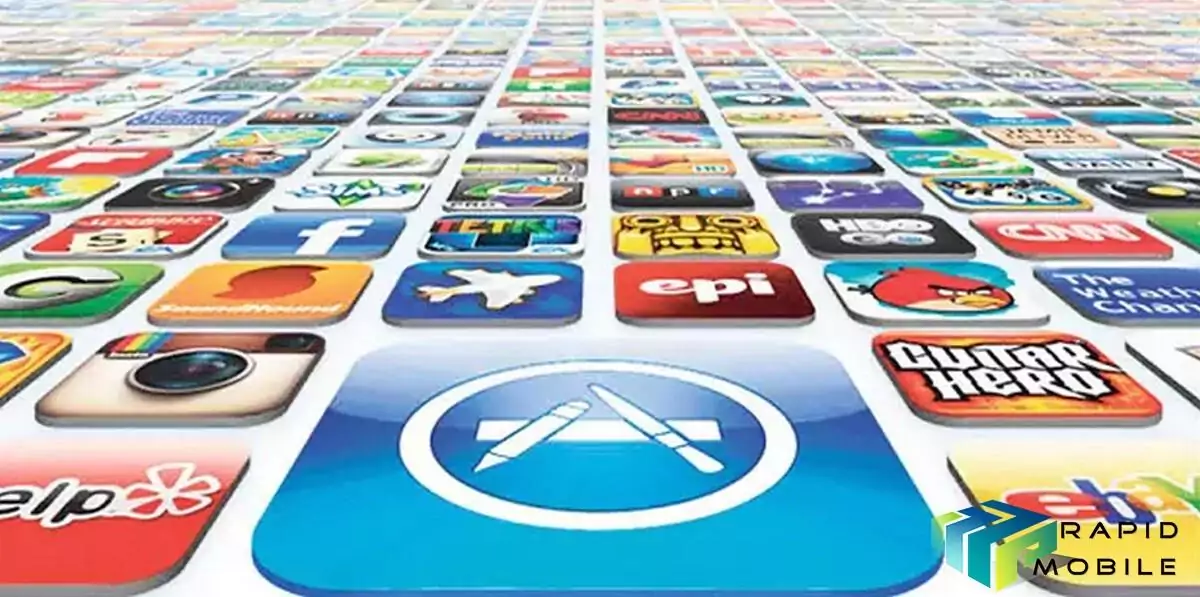The European Commission has opened formal antitrust investigations to assess whether Apple’s rules for app developers on the distribution of apps via the App Store violate EU competition rules.
The investigations concern in particular the mandatory use of Apple’s own proprietary in-app purchase system and restrictions on the ability of developers to inform iPhone and iPad users of alternative cheaper purchasing possibilities outside of apps.
Executive Vice-President Margrethe Vestager, in charge of competition policy, said:
“Mobile applications have fundamentally changed the way we access content. Apple sets the rules for the distribution of apps to users of iPhones and iPads. It appears that Apple obtained a “gatekeeper” role when it comes to the distribution of apps and content to users of Apple’s popular devices.
We need to ensure that Apple’s rules do not distort competition in markets where Apple is competing with other app developers, for example with its music streaming service Apple Music or with Apple Books. I have therefore decided to take a close look at Apple’s App Store rules and their compliance with EU competition rules.”
The Commission will investigate in particular two restrictions imposed by Apple in its agreements with companies that wish to distribute apps to users of Apple devices:
(i) The mandatory use of Apple’s own proprietary in-app purchase system “IAP” for the distribution of paid digital content. Apple charges app developers a 30% commission on all subscription fees through IAP.
(ii) Restrictions on the ability of developers to inform users of alternative purchasing possibilities outside of apps. While Apple allows users to consume content such as music, e-books and audiobooks purchased elsewhere (e.g. on the website of the app developer) also in the app, its rules prevent developers from informing users about such purchasing possibilities, which are usually cheaper.
Late Tuesday, Match Group, parent company of Tinder, OK Cupid and other popular dating services, criticized Apple for squeezing app makers’ revenue.
“Apple is a partner, but also a dominant platform whose actions force the vast majority of consumers to pay more for third-party apps that Apple arbitrarily defines as ‘digital services,’” Match Group said in an emailed statement.
“Apple squeezes industries like e-books, music and video streaming, cloud storage, gaming and online dating for 30% of their revenue, which is all the more alarming when Apple then enters that space, as we’ve repeatedly seen. We’re acutely aware of their power over us.
“The overwhelming majority of apps, including Internet behemoths that connect people (rideshare/gig apps), or monetize by selling advertising (social networks), have never been subject to Apple’s payments systems and fees, and this is not right. We welcome the opportunity to discuss this with Apple and create an equitable distribution of fees across the entire App Store, as well as with interested parties in the EU and in the U.S.”
Hey
Separately, the makers of a new email app called Hey, which launched Monday, received a surprise when Apple reportedly threatened to remove the app from its App Store if it did not allow in-app subscriptions, which Apple would get a 30% cut from.
In a series of tweets Tuesday, David Heinemeier Hansson, the founder of Basecamp, which made Hey, likened Apple to “gangsters” trying to shake him down. “This is profoundly, perversely abusive and unfair,” he said.
The makers of Hey maintain that since users can only sign up and pay for the service outside of Apple’s iOS app, it shouldn’t have to pay Apple a cut of its revenue.
Apple suggested it not doing anything out of the ordinary with Hey. Apple said that Hey should not have been approved in the first place, since Apple doesn’t allow client apps — that is, where users can sign in but not sign up — for consumer services.
While not commenting on specific cases, Apple said in an email Tuesday night that it requires developers to follow strict guidelines, and that its App Store guidelines clearly lay out its policy on in-app purchases. Apple said it is committed to offering a fair and level platform for developers.
Spotify
EU antitrust regulators, are also investigating its Apple Pay service as well as its App Store. Complaints of unfair App Store restrictions from Spotify, among others, led to the EU probe.
On 11 March 2019, music streaming provider and competitor of Apple Music, Spotify, filed a complaint about the two rules in Apple’s license agreements with developers and the associated App Store Review Guidelines, and their impact on competition for music streaming services.
Following a preliminary investigation the Commission has concerns that Apple’s restrictions may distort competition for music streaming services on Apple’s devices. Apple’s competitors have either decided to disable the in-app subscription possibility altogether or have raised their subscription prices in the app and passed on Apple’s fee to consumers. In both cases, they were not allowed to inform users about alternative subscription possibilities outside of the app.
The IAP obligation also appears to give Apple full control over the relationship with customers of its competitors subscribing in the app, thus dis-intermediating its competitors from important customer data while Apple may obtain valuable data about the activities and offers of its competitors.
If found guilty, Apple could face a fine of 10% of its annual revenue. In 2019, Apple’s annual revenue was about $260 billion, meaning a fine in the range of $26 billion.



